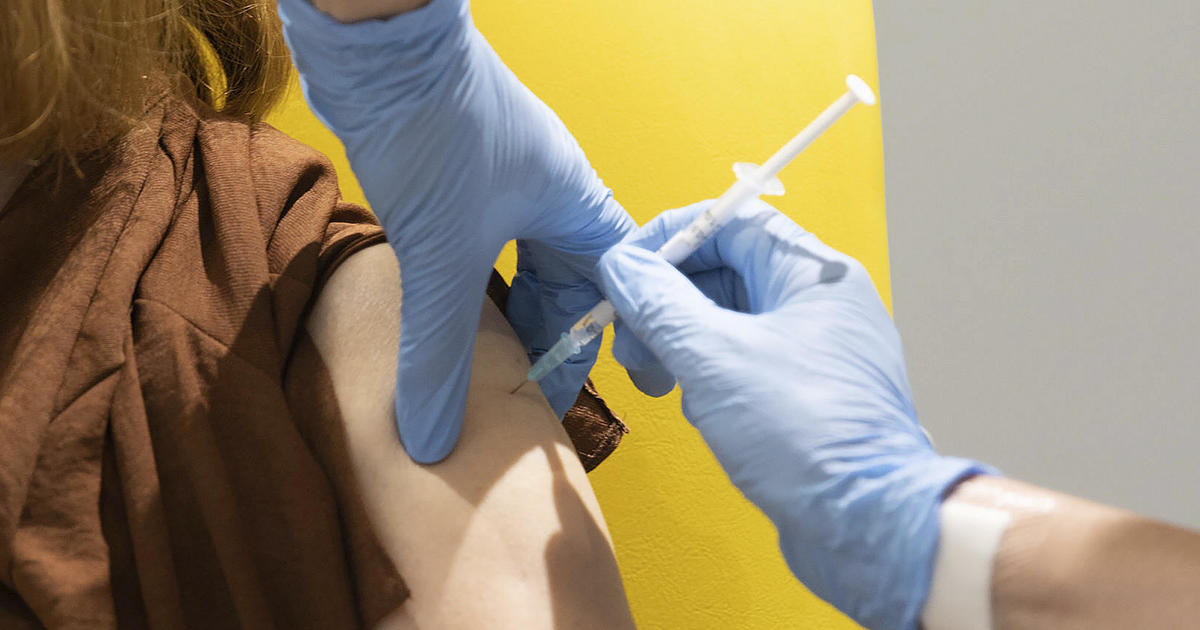London — A study published in Britain’s Lancet medical journal on Tuesday confirmed data previously released by Oxford University and drug giant AstraZeneca showing their vaccine against COVID-19 is safe and up to 90% effective.
The paper is the first peer-reviewed study of Phase 3 COVID-19 vaccine trial results in the world, though Pfizer’s vaccine has already received U.K. government approval for emergency use, and the first doses were administered Tuesday. The Oxford vaccine has not yet received authorization for emergency use, but it made its application to the U.K. regulatory body later than Pfizer.
“Control of the pandemic will only be achieved if the licensing, manufacturing and distribution of these vaccines can be achieved at an unprecedented scale and vaccination is rolled out to those who are vulnerable. Our findings indicate that our vaccine’s efficacy exceeds the thresholds set by health authorities and may have a potential public health impact,” Oxford University’s Professor Andrew Pollard, the lead author of the study, said.
The Lancet study found that the vaccine was safe, with no severe disease or hospitalizations reported in the vaccine group so far.
When administered in two full doses several weeks apart, the vaccine is 62% effective, according to the data. The study also showed that the vaccine was 90% effective in a subset of 1,367 people in the U.K. when administered in a half dose followed several weeks later by a full dose, but said that more research would be required.
Which doses people will receive if and when the vaccine is approved for use will depend on regulators, Pollard said.
“Most of the data were generated to support the two full doses, and so I think that that will be the focus of the regulatory review… However it is entirely up to the regulators to look at the data and decide exactly what they think their label should say at the end,” he told journalists.
The Oxford vaccine uses a chimpanzee adenoviral vector to immunize people against COVID-19 — technology that has been in use since 2009. As opposed to the Pfizer and Moderna vaccines, which use an mRNA technology, it does not need to be stored at exceptionally cold temperatures, “which is important since the ultra-low temperature freezers required to store mRNA vaccines could be unaffordable and impractical in many countries and in settings such as nursing homes,” said Dr. Maria Deloria Knoll and Dr. Chizoba Wonodi from the Johns Hopkins Bloomberg School of Public Health, who jointly published a comment alongside the study.
“I personally think we need to be completely agnostic about which vaccine is being used, because we need multiple vaccines as soon as possible,” Pollard said. “Otherwise, we’ll still be in this position in six months time, whereas now we are starting to get to a point where three vaccines showing efficacy are starting to get the pandemic behind us.”
